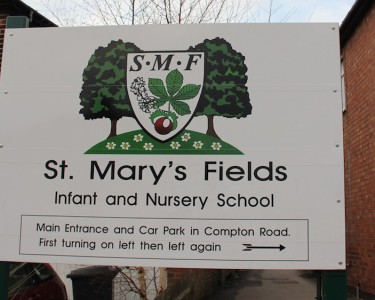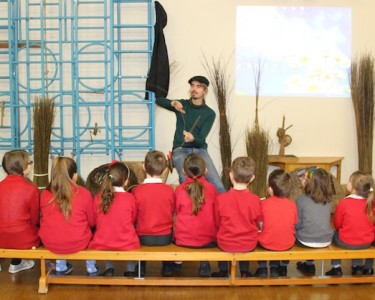Schoolchildren from around the country have had the opportunity to visit historic war sites in Belgium as part of a government incentive to encourage young people to learn about the First World War (WW1). To coincide with the global commemorations taking place from 2014-2019, ex-Education Minister Michael Gove launched the centenary scheme last summer to give secondary school pupils the chance to see first-hand where the war was fought on the western front.
World War I is now part of the history curriculum for children aged 11-14, and it is hoped that the project will aid their understanding of the subject. Despite only two pupils per school being selected for the visit, they are expected to share what they have learnt on their return to the UK.
Jerome Freeman, of the Institute of Education, commented to Pukaar News “One of our aims is to create an enduring legacy so that we bring young people out here to the western front and the battlefields and they make that personal connection.
“They go back into school and they will tell both their classmates and their communities of what they have seen. Hopefully the young children that come here will return with their own families so that the sacrifices made by the people of the First World War is never forgotten.”
The one-day pilgrimage to Belgium encompassed tours of significant memorial sites and cemeteries such as Tyne Cot Cemetery and the Langemark Cemetery, as well as the chance to experience the battlefields.
Mr Freeman added, “They don’t just visit cemeteries and memorials, they actually visit some of the battlefields too and they see the archaeology of the First World War, so they get an understanding of the very nature of that too.”
During the trip, students and teachers alike had moments to reflect and remember those that gave their lives during the bloodiest conflict in history. An essential aspect of this educational programme, as well as the centenary plans across the world, is ensuring that the World War I story lives on, especially as there are no surviving veterans.
Students appeared to take a lot from the visit and appeared to be fascinated with the history that took place a century ago. One pupil stated, “It’s more effective to see it in real life because it really touches you and it makes you think about and reflect on the past.”
Every state-funded school in England has been invited to take part in the project, and a total of 12,000 people are expected to visit the historic sites over the next five years.
Music: Think Media Music (www.thinkmediamusic.com)






